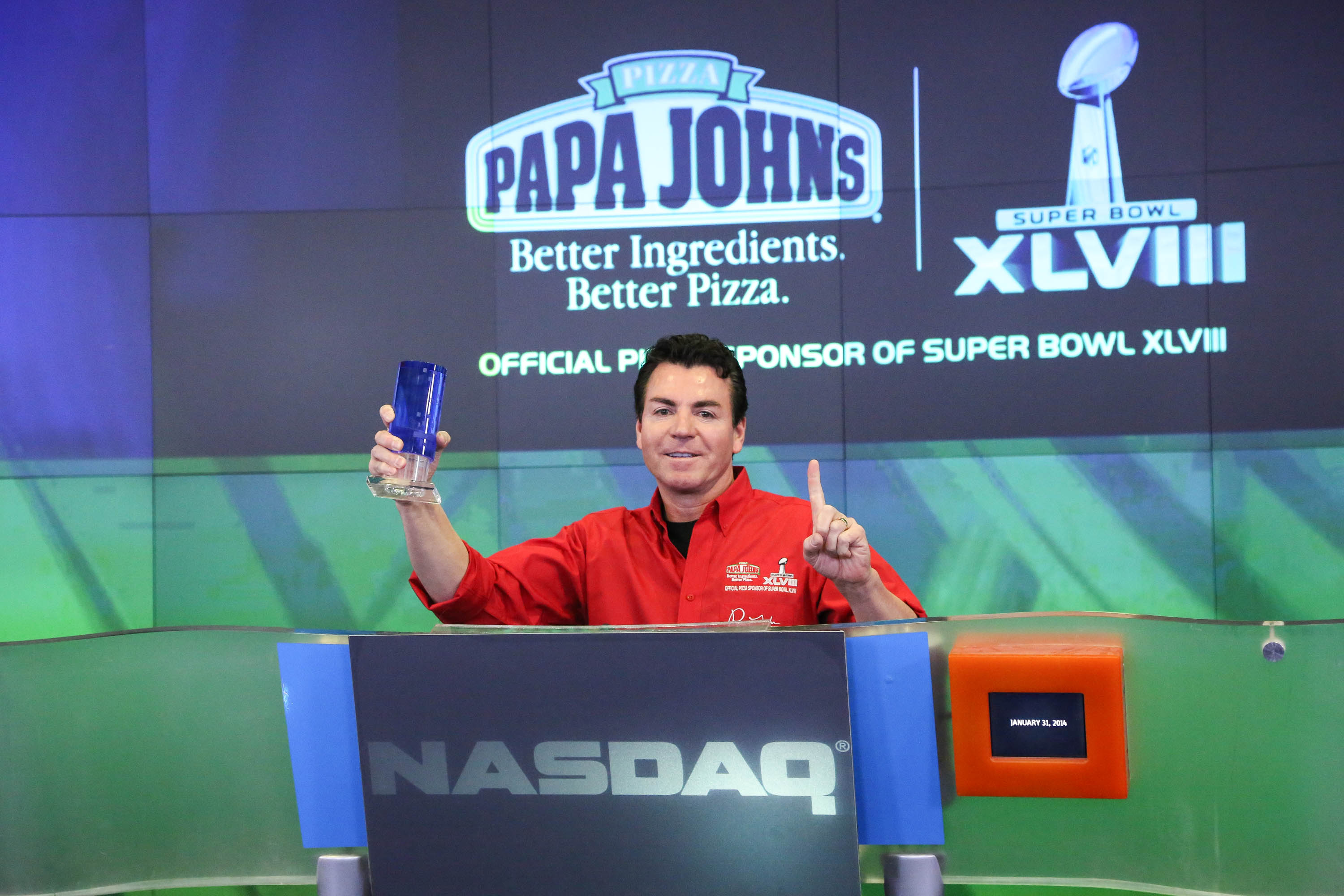Fast food is an American innovation that has been around for over 80 years. Despite lasting durability, the unit economics for fast food brands and franchisees have been strained to a breaking point.
When the team and I built Papa John’s to over 5,000 stores worldwide, I did not see them as one big corporation but as 5,000 separate independent restaurants. These small businesses are struggling today, and we need action to help save them.
Between rising prices, tax increases, and minimum wage hikes, the entire fast-food industry—including pizza delivery—is at an inflection point. What happens next will determine the type of food future generations of Americans enjoy, how much we spend on dining out, what our cities and suburbs look like, and what sort of culture we export to the rest of the world.
While some companies will adapt to changing circumstances and achieve success for decades to come, others will be overtaken by an evolving market and stringent regulations and go from household names to obscure historical trivia. Some examples of formerly prolific chains that have fallen into obscurity include Bob Evans, Long John Silver’s, Godfather’s Pizza, and Checkers/Rally’s.
Part of the reason for this is that the very essence of fast food is changing.
Fast food has always been known as a quick, easy, and above all affordable way for middle class families to enjoy a meal. In recent years, however, fast food prices have begun outpacing wage gains for working Americans. As a result, news outlets are filled with stories about disgruntled consumers complaining about the skyrocketing prices of seemingly simple fare.
This could be an existential problem for an industry based largely on affordability. There are plenty of alternatives for customers willing to pay for “good food, fast.” The niche painstakingly carved out over the course of decades by McDonald’s, Burger King, Wendy’s, and other iconic fast-food brands cannot exist if those companies can’t compete on price.
A customer enters a Papa John’s International Inc. restaurant in Louisville, Kentucky, on May 1, 2015. (Luke Sharrett/Bloomberg via Getty Images)
This is conceptually becoming even more difficult in some places, such as California. Last fall, Gov. Gavin Newsom signed a law raising the minimum wage for fast food workers to an astronomical $20 per hour, while also empowering an unelected regulatory oversight board to implement future increases. Before the law even took effect, fast food companies in the Golden State cut 10,000 jobs, with thousands more job losses coming in the first month after the new minimum wage took effect.
To make matters worse, the new law forced fast food franchisees to raise prices. In just the first month, Wendy’s raised prices by 8 percent, Chipotle by 7.5 percent, and Starbucks by 7 percent. These drastic increases are enough to send many customers looking for alternatives. Everyone wants hardworking food workers to make good earnings, but they can’t do that if they lose their jobs because small businesses can’t afford the mandated minimum wage.
Remember: for the most part, workers in fast food, pizza delivery, and other franchised industries are not paid by the corporations that own the brand, but by the franchisees who own the majority of the actual restaurants. Prices are set at the franchisee level, too – we’re not talking about profit-hungry corporate overlords trying to milk a few extra pennies from burger sales necessarily, but more often middle-class franchise owners just trying to keep their heads above water in the face of rapidly rising prices.
Many of these same franchise owners are likely to be hurt further if Congress lets the Tax Cuts and Jobs Act (TCJA) expire next year. The TCJA contains numerous provisions specifically designed to help small business owners, and letting those provisions expire would be an effective tax increase that will pull the rug out from under the feet of fast food franchisees.
That’s why I’ve been so concerned about franchisees of the company I founded, Papa John’s. Papa John’s executives mistakenly assumed that the artificial boost that COVID gave to the pizza delivery business was a new normal. Now that the lockdowns are long over, this inflationary economy has ravaged businesses with rising interest rates, costs of goods, and wages, plus supply chain delays and unfilled staff positions. As a result, pizza delivery orders are on the decline and franchisees are feeling the same pressures that other companies are experiencing.

John Schnatter, founder, chairman & CEO of Papa John’s International, Inc. rings the NASDAQ Opening Bell on January 31, 2014, in New York City. (Rob Kim/Getty Images)
Back when I ran Papa John’s, we built brand distinction by providing a higher quality product. Under my leadership, “Better Ingredients. Better Pizza. Papa John’s.” wasn’t just a slogan but a commitment to our customers and employees to do things better at an affordable price.
The ones who are hurt the most when fast food companies fail to adapt to changing times will be franchisees, front-line workers, and customers, which is why it is so important for the executives to make decisions with those people in mind.
Decision making will be much easier if elected officials stop creating artificial barriers to success, such as inflation-driving deficit spending, unaffordable minimum wages, and burdensome taxes and regulations.
You can’t operate any business well with an administration that is anti-business, especially anti small business – eventually, your competitors and changing market conditions catch up with you. These harmful effects are affecting the fast-food investor at this moment, and I am hopeful our national leaders will take note, change course, and provide these small businesses the relief they need to survive and thrive once again into the future.
John Schnatter is the founder and former Chairman and CEO of Papa John’s International.

















Discussion about this post